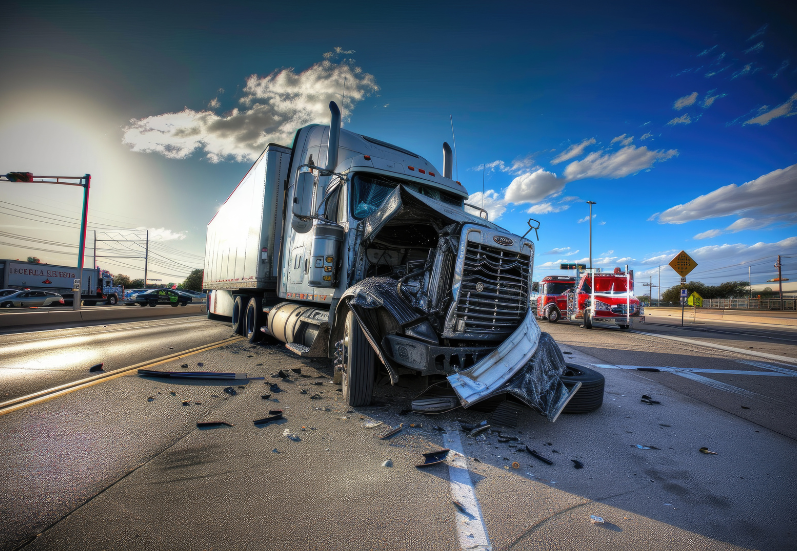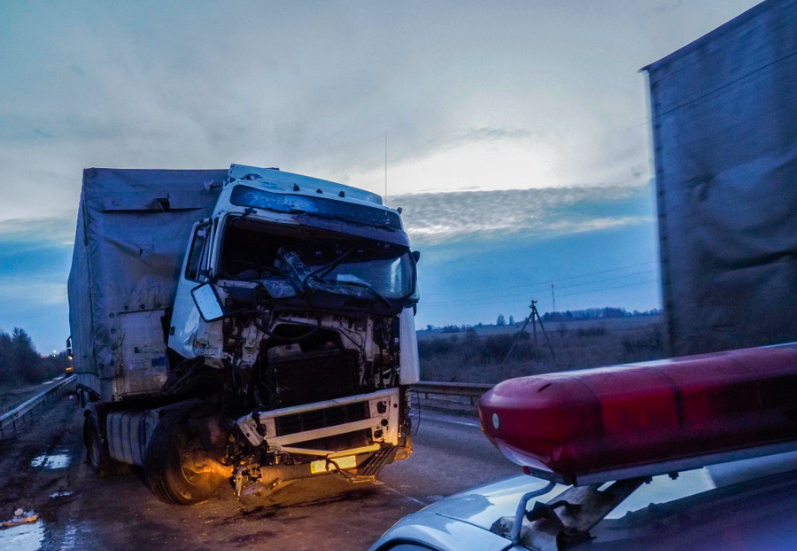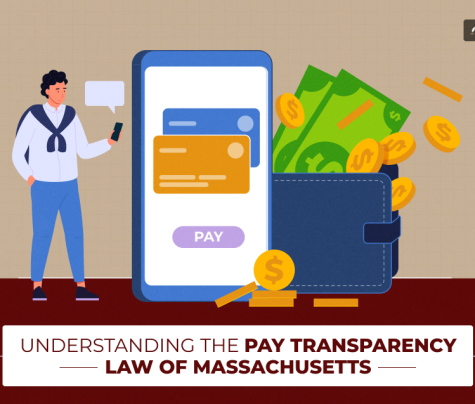
Today’s topic: What is the Average Truck Accident Settlement Amount?
A collision with a commercial truck can change a person’s life in seconds. After a serious accident, one of the first questions people ask—sometimes before the dust even settles—is how much a case like this might be worth.
The short answer: there’s no single number that applies across the board. The long answer requires a closer look at the factors that shape truck accident settlements, the patterns seen in real cases, and the practical realities of pursuing compensation.
Hi. In today’s blog, I will be talking about what the average settlement amount for truck accidents is. Additionally, I will also explain the various factors on which this amount depends.
So, if that is something that you want to know, keep on reading till the end…
There’s No Flat “Average”—But There Are Patterns
Anyone looking for an exact average truck accident settlement amount will run into a familiar wall: there isn’t one.
Not because the data doesn’t exist, but because truck accident settlements vary so widely that averages become misleading.
Some claims settle for under $50,000. Others climb well into six or seven figures. Multi-million dollar verdicts are not unheard of when the injuries are catastrophic and the evidence of negligence is strong.
That spread makes “average” a problematic term—especially for people trying to decide whether pursuing a claim is even worth it.
Instead of relying on a single number, it’s more useful to look at ranges based on injury severity and legal complexity.
What is the Average Truck Accident Settlement Amount?

Here’s a general breakdown of settlement amounts based on the nature of the injuries:
| Injury Type | Estimated Settlement Range |
| Minor (soft tissue, short recovery) | $10,000 – $50,000 |
| Moderate (fractures, outpatient procedures) | $50,000 – $200,000 |
| Serious (spinal injuries, TBI) | $200,000 – $750,000 |
| Catastrophic (amputation, paralysis) | $1 million – $5 million+ |
| Fatal (wrongful death claims) | $500,000 – $5 million+ |
Estimated figures don’t account for punitive damages, which are uncommon and only awarded when the defendant’s conduct involves intentional harm or extreme misconduct.
Why Truck Accident Cases Settle Higher Than Typical Car Accidents
Truck accident settlements tend to be larger than those involving passenger vehicles—and for good reason.
The size and weight of a commercial truck increase the likelihood of severe injuries, and responsibility usually falls on the companies that own or operate the vehicle—who tend to carry larger insurance policies.
Several factors contribute to the higher value of truck crash claims:
- More serious injuries: The physical trauma caused by an 80,000-pound vehicle is usually far worse than what’s seen in passenger car crashes.
- Commercial insurance policies: Most trucking companies are required to carry at least $750,000 in liability coverage, with many carrying more through umbrella policies.
- Stricter regulations: Violations of federal trucking laws—like exceeding hours-of-service limits or failing to maintain brake systems—can strengthen a plaintiff’s case.
- Multiple liable parties: Responsibility can extend beyond the driver to the carrier, maintenance contractors, and sometimes even the broker or shipper.
Each of these elements plays into how a settlement is negotiated and what’s on the table.
Key Factors That Determine Settlement Amounts
Now that you are aware of what is the average truck accident settlement amount, you might want to know what this depends on! You see, no two claims are identical, but most settlements are driven by the same core factors.
Here are the factors that you should keep in mind:
1. Severity of Injuries and Long-Term Impact
The more serious the injury, the higher the potential recovery. The settlement value rises significantly when victims face permanent disability, cognitive impairment, or disfigurement.
The cost of surgeries, therapy, lost income, and future care all stack into the final demand. Victims who recover fully within a few months won’t see the same figures as those whose lives are permanently altered.
2. Medical Costs and Documentation
Detailed records make a difference. Medical treatment, diagnostic imaging, rehabilitation, and prescriptions all factor into the economic damages portion of the claim. If the bills are high and well-documented, insurers know the exposure is real.
3. Lost Wages and Earning Capacity
Time away from work is part of most injury claims.
But for truck accident victims, the real damage may come from lost future income—especially when returning to the same job or industry isn’t possible.
Fair settlements should reflect not only the wages already lost, but also the projected losses over a career.
4. Pain and Suffering
Non-economic damages are harder to quantify, but they can make up the largest portion of a serious injury settlement.
The impact of chronic pain, PTSD, emotional distress, and lifestyle disruption weighs heavily in negotiations.
5. Liability and Strength of Evidence
The clearer the fault, the stronger the case. A truck driver caught on dashcam running a red light presents a very different scenario from a crash with disputed blame.
Eyewitness accounts, accident reconstruction, electronic logbooks, and black box data help establish liability.
When the evidence shows the trucking company ignored safety protocols, failed inspections, or hired an unqualified driver, that can increase pressure to settle—and raise the potential payout.
6. Insurance Limits
Policy coverage acts as a ceiling in many cases. A trucking company with $1 million in coverage may settle at or near that amount in a catastrophic case.
But if the available coverage is only $300,000 and the company has no additional assets, that limit may become the cap—regardless of actual damages.
What Settlement Negotiations Usually Look Like
Every claim moves at its own pace, but most follow a similar series of steps:
- Treatment and recovery: Settlement talks usually begin only after the victim reaches maximum medical improvement.
- Demand letter: Once damages are documented, the victim’s attorney sends a formal demand to the insurance company.
- Negotiation: Insurers respond with a counteroffer, usually low at first. Further back-and-forth follows.
- Litigation (if needed): If the parties can’t agree, a lawsuit is filed. Many cases still settle before trial.
Throughout this process, the presence of strong evidence and a clear damages calculation will have the greatest impact on the outcome.
Examples of Publicly Reported Truck Accident Verdicts and Settlements
- Texas: A woman who suffered spinal injuries and required multiple surgeries after a truck rear-ended her vehicle received a $1.25 million settlement.
- Illinois: The family of a construction worker killed in a truck crash during roadwork secured a $5.3 million wrongful death settlement.
- California: A motorist who sustained brain trauma and partial paralysis received a $9 million settlement after a semi-truck crossed into oncoming traffic.
The above examples come from publicly available verdict databases and news coverage. Even though every case is different, they show how injury severity, fault, and financial losses directly affect the outcome.
What You Can Do to Protect the Value of a Truck Accident Claim
Whether you’ve already started the process or are still weighing your options, the steps taken early on can significantly affect the outcome.
- Document everything: Medical treatment, missed work, pain levels—keep track of all of it.
- Preserve evidence: Photos, videos, police reports, and witness names can all help prove what happened.
- Avoid early statements to insurance: Adjusters are trained to limit payouts. What seems like a harmless comment can hurt your claim later.
- Don’t accept the first offer: Early offers are usually low—and rarely reflect the full value of a serious injury case.
- Consult with a lawyer who knows trucking cases: Truck crash litigation isn’t like other injury claims. The evidence is more complex. The rules are stricter. And the stakes are higher.
Case Value Comes Down to the Details
There’s no universal settlement number that applies to all truck accident claims. But patterns do exist—and the value of a case can usually be understood by looking at the severity of the injuries, the strength of the evidence, and the available insurance.
If you’ve been seriously hurt in a truck accident, don’t make decisions based on generic averages or internet calculators.
Every case has its own facts. What matters most is how well those facts are documented, presented, and pursued.
Read Also:
- Best Practices for Legally Protecting Your Identity
- Improving Client Experience Through Legal Self-Service Platforms
- Felony vs Misdemeanor: Is There Really Any Difference in Criminal Law?




![Understanding The Pay Transparency Law Of Massachusetts [2026 Guide]](https://lawyersinventory.com/wp-content/uploads/2026/02/massachusetts-pay-transparency-law-100x100.png)






0 Reply
No comments yet.